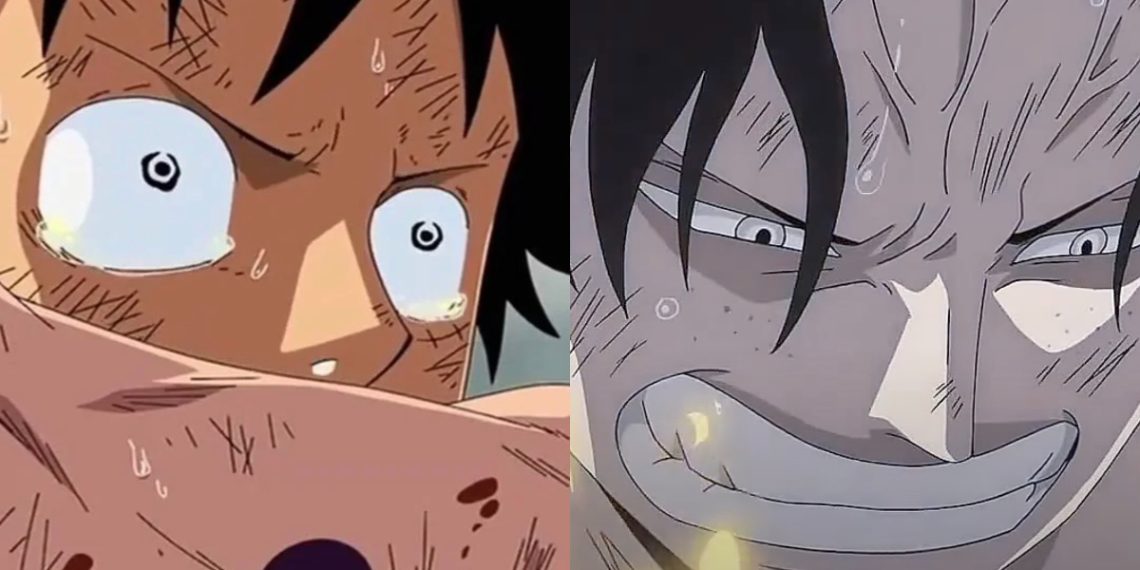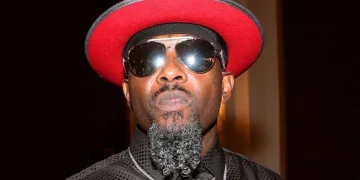Eiichiro Oda’s wildly popular anime series One Piece has built a reputation for moving fans to tears without relying on character deaths. Oda has been vocal about his commitment to ultimately delivering a happy ending, which shapes his approach to storytelling.
However, one death did have an unusually strong emotional impact – that of Luffy’s older brother Portgas D. Ace. Despite his limited screen time, Ace emerged as a fan-favorite character before heroically perishing during the climactic Marineford storyline.
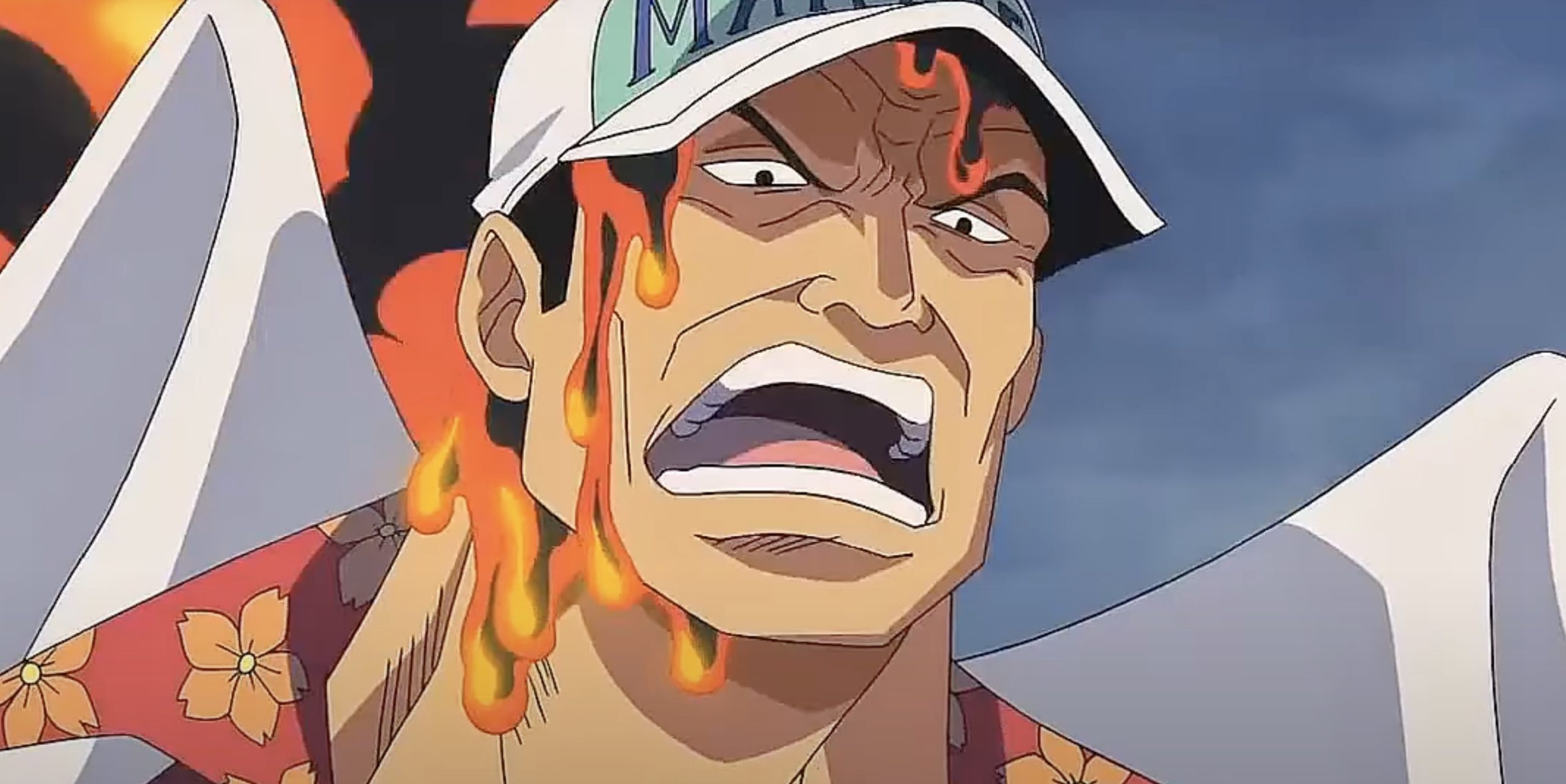
The reaction from fans was intense, with many struggling to process Ace’s demise. But viewers were not the only ones profoundly affected.
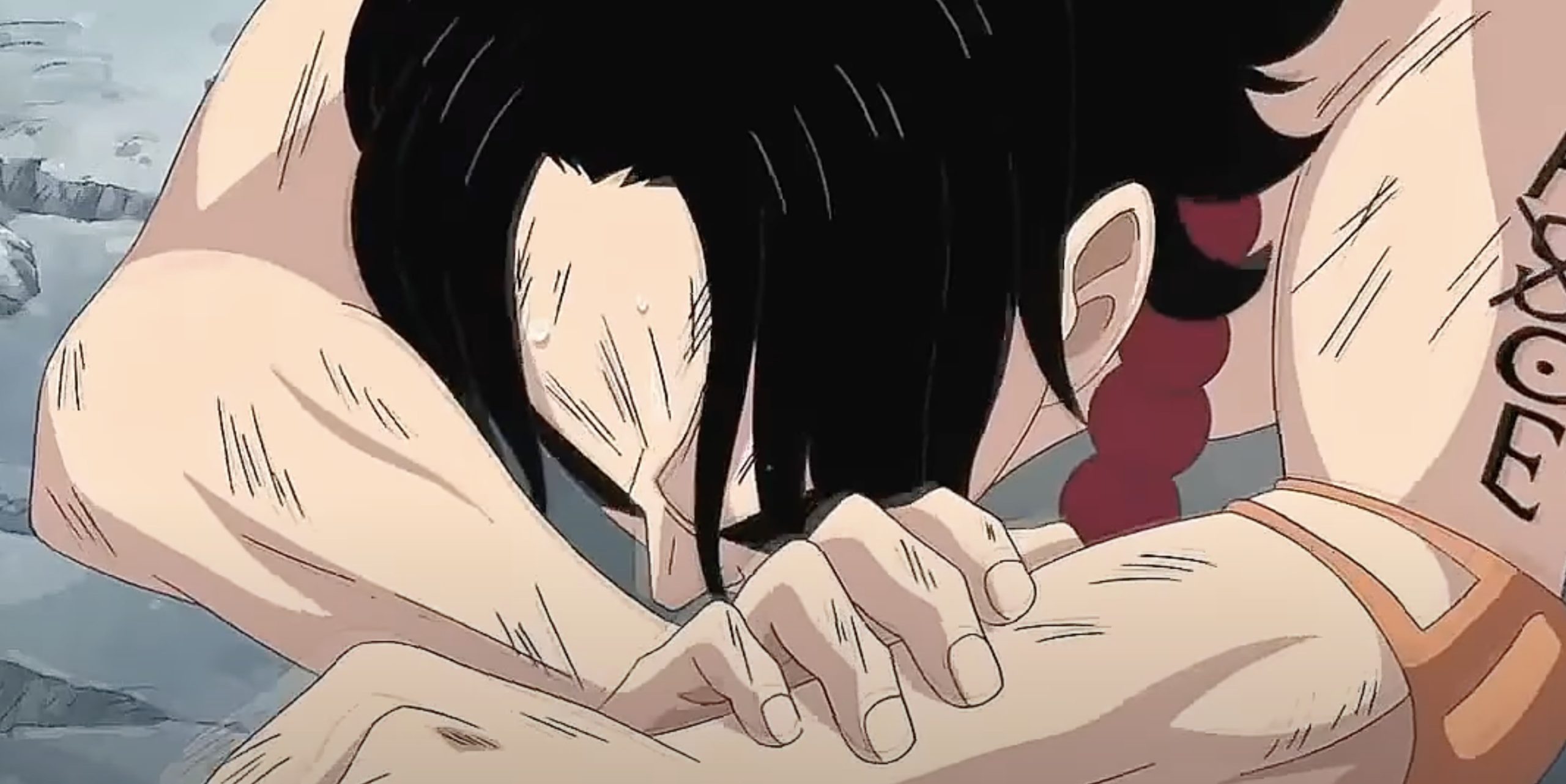
Even Ace’s voice actor Toshio Furukawa was so upset he initially refused to come to the studio to record for the final episode featuring the character.

This rare instance demonstrates the series’ ability to form powerful connections between viewers and the characters, even with Oda’s trademark aversion to loss and tragedy.
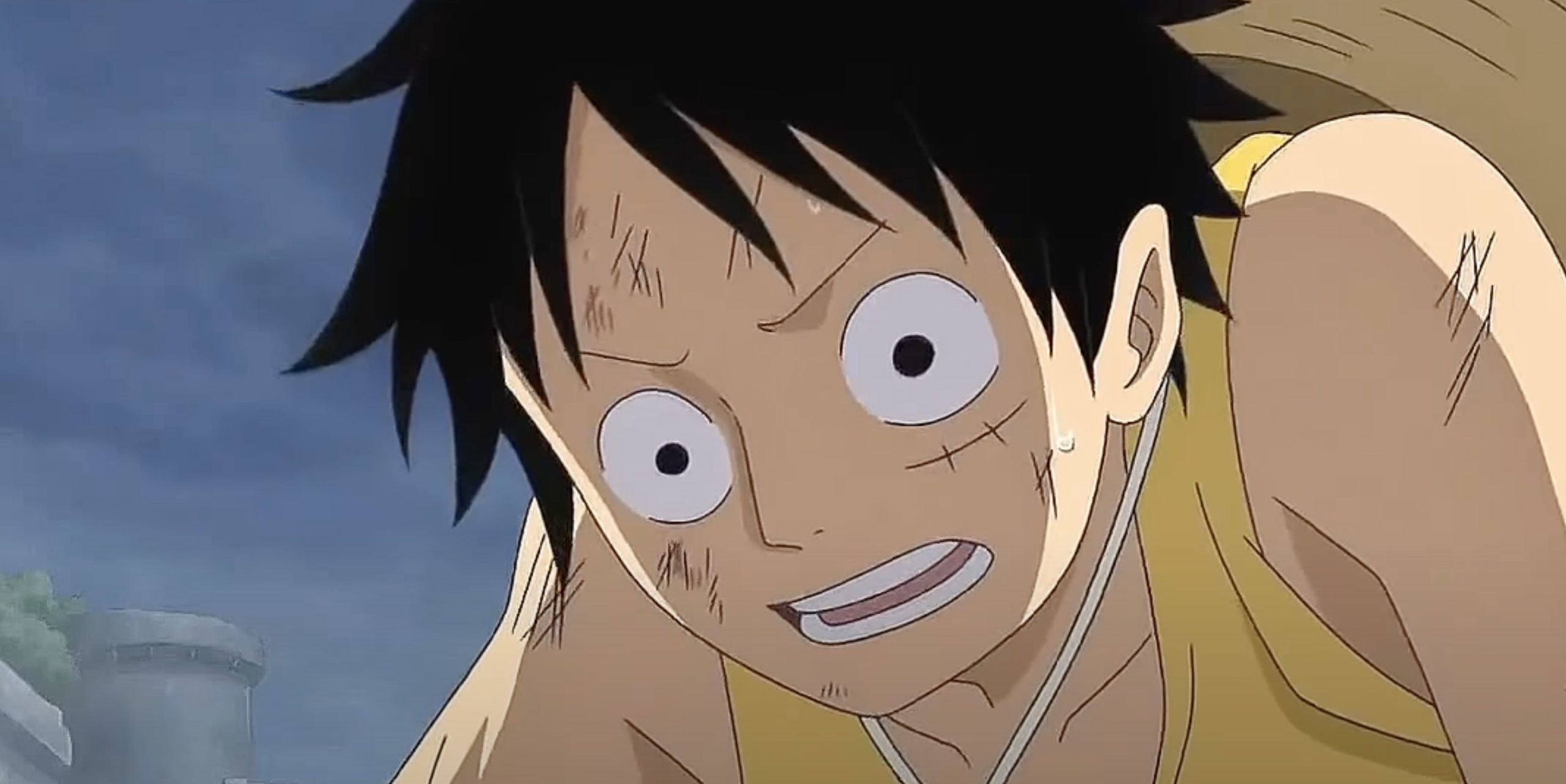
Ace’s death was a shattering moment that left a permanent mark on the ever-growing One Piece phenomenon.
The Impactful Legacy of Portgas D. Ace’s Heroic Sacrifice in One Piece
When Portgas D. Ace was first introduced in the One Piece story, he was fixated on hunting down the villainous Blackbeard. Their eventual confrontation revealed Blackbeard’s true target – Ace’s little brother Luffy.
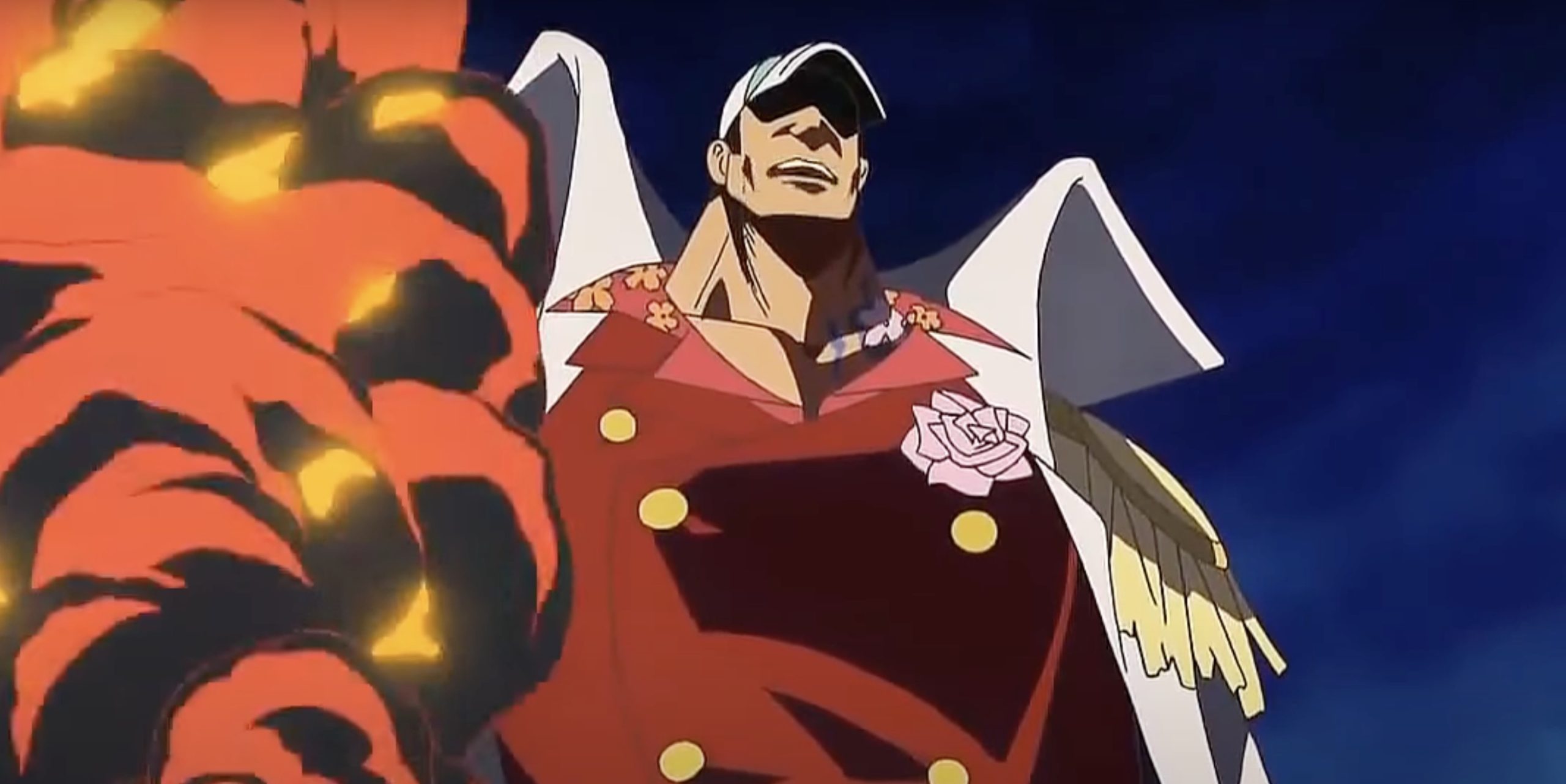
Driven by his protective instincts, Ace battled Blackbeard’s crew alone but was ultimately overpowered and captured instead of killed.
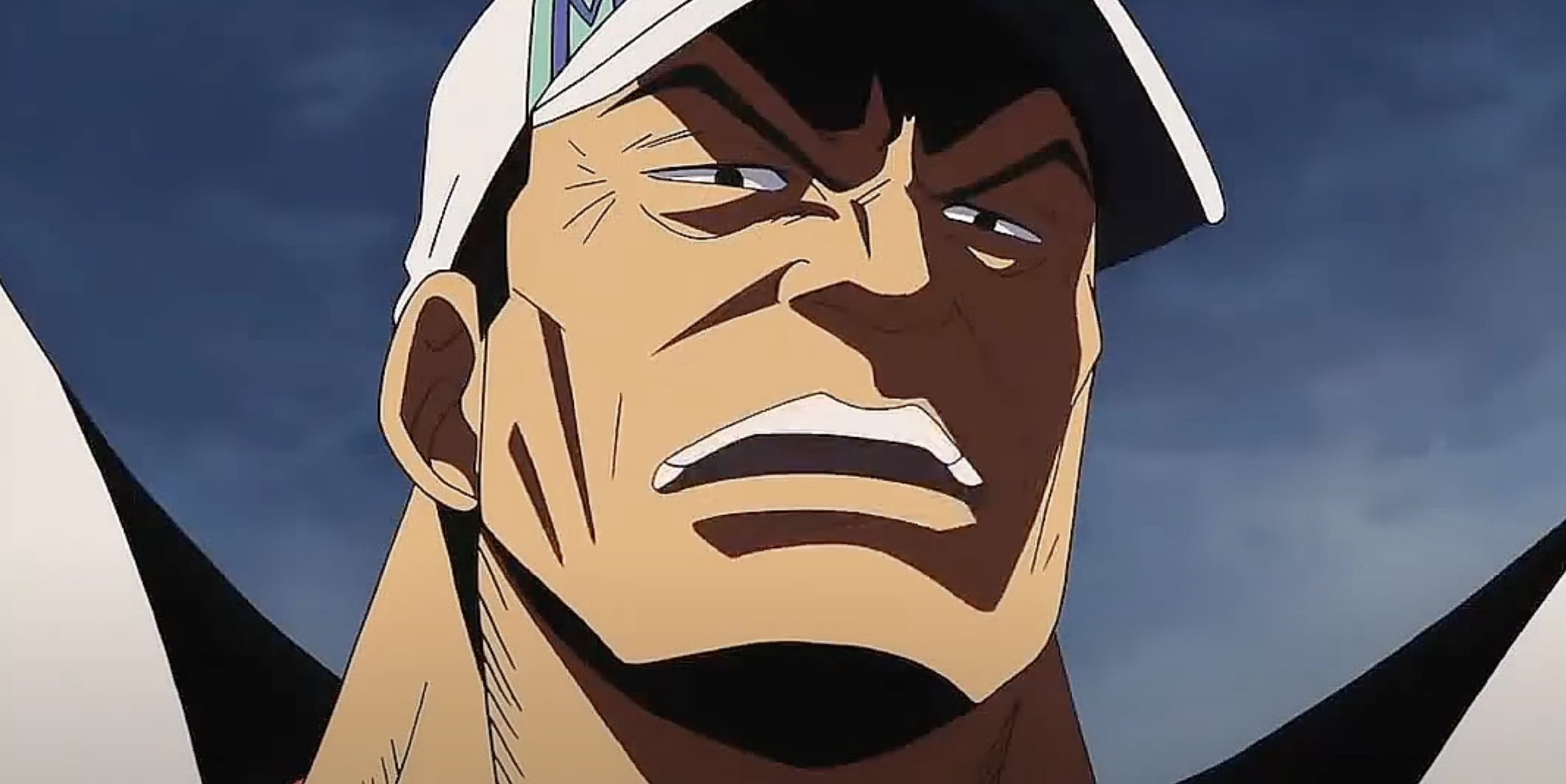
Blackbeard turned Ace over to the Marines, who quickly moved to execute him in a public display. This sparked the epic Summit War storyline as those close to Ace, including his brother Luffy, rallied in a desperate attempt to save him.
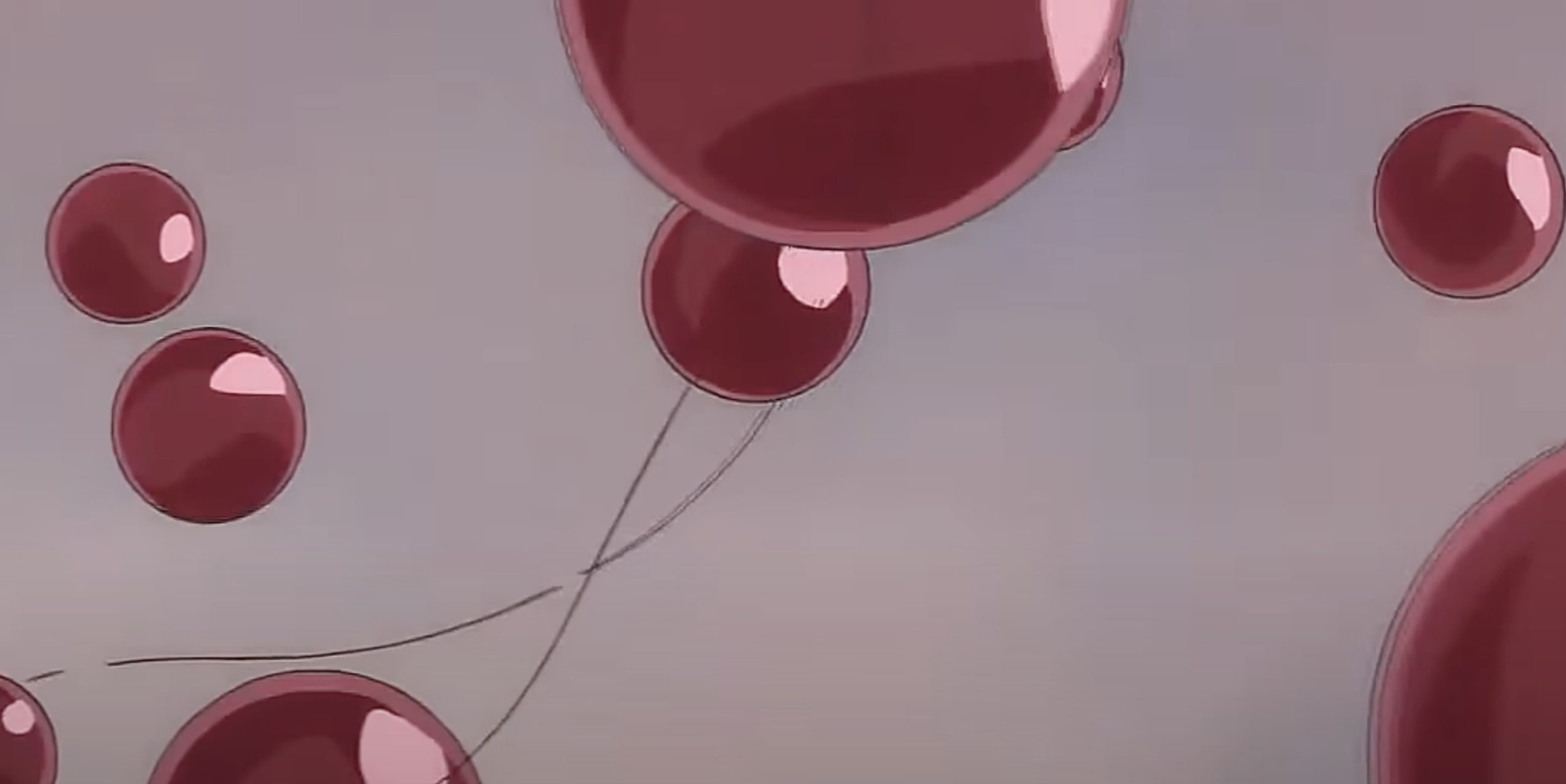
For a brief moment, it appeared Ace might actually be freed from his fate. However, the relief was short-lived, and Ace met his emotional end despite great sacrifice trying to protect him.
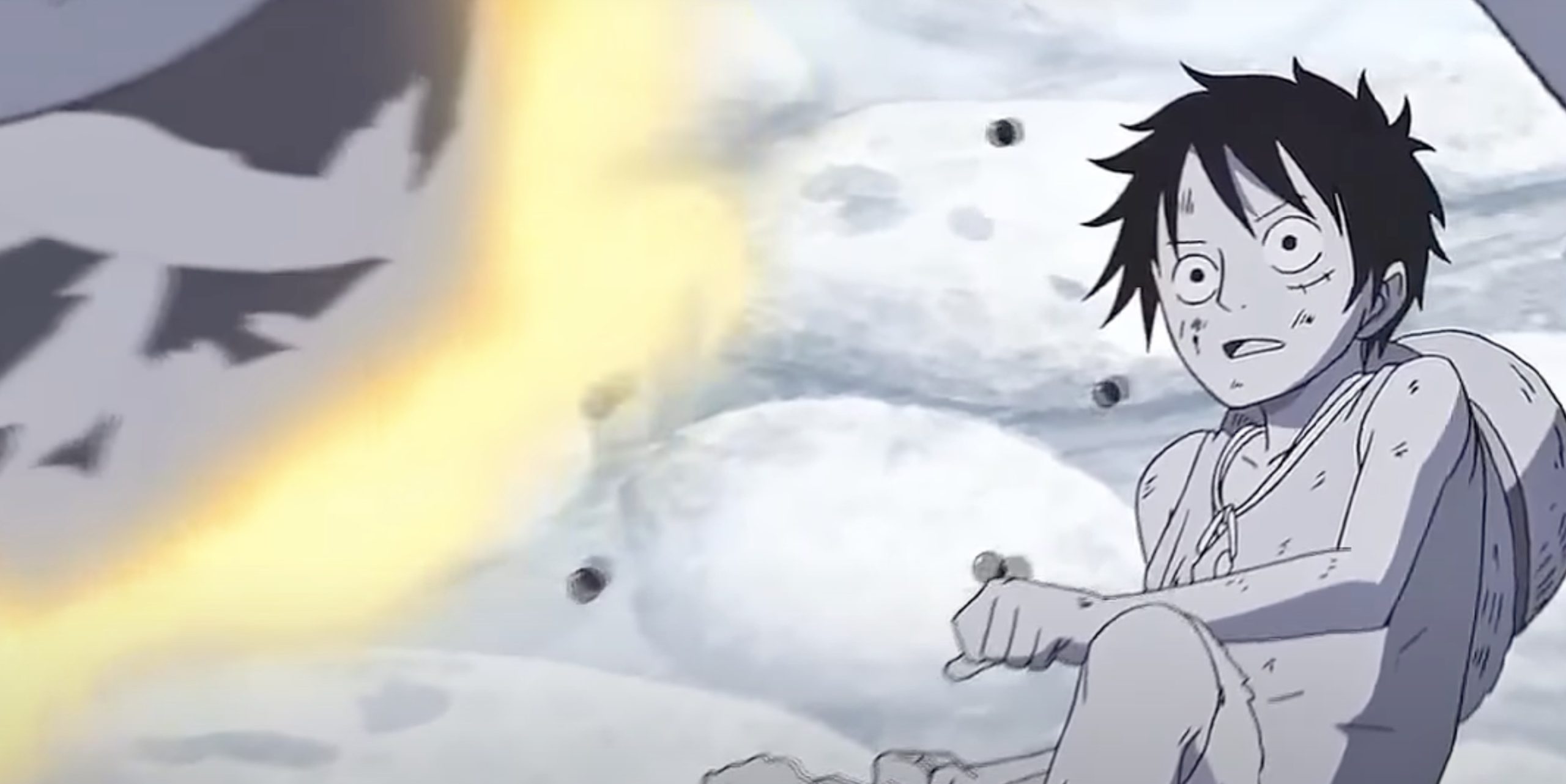
This impactful narrative thrust Ace to the forefront of the series in a way his limited appearances never could have. His presence resonated so strongly that it left an indelible imprint on both the larger One Piece story and its vast readership.
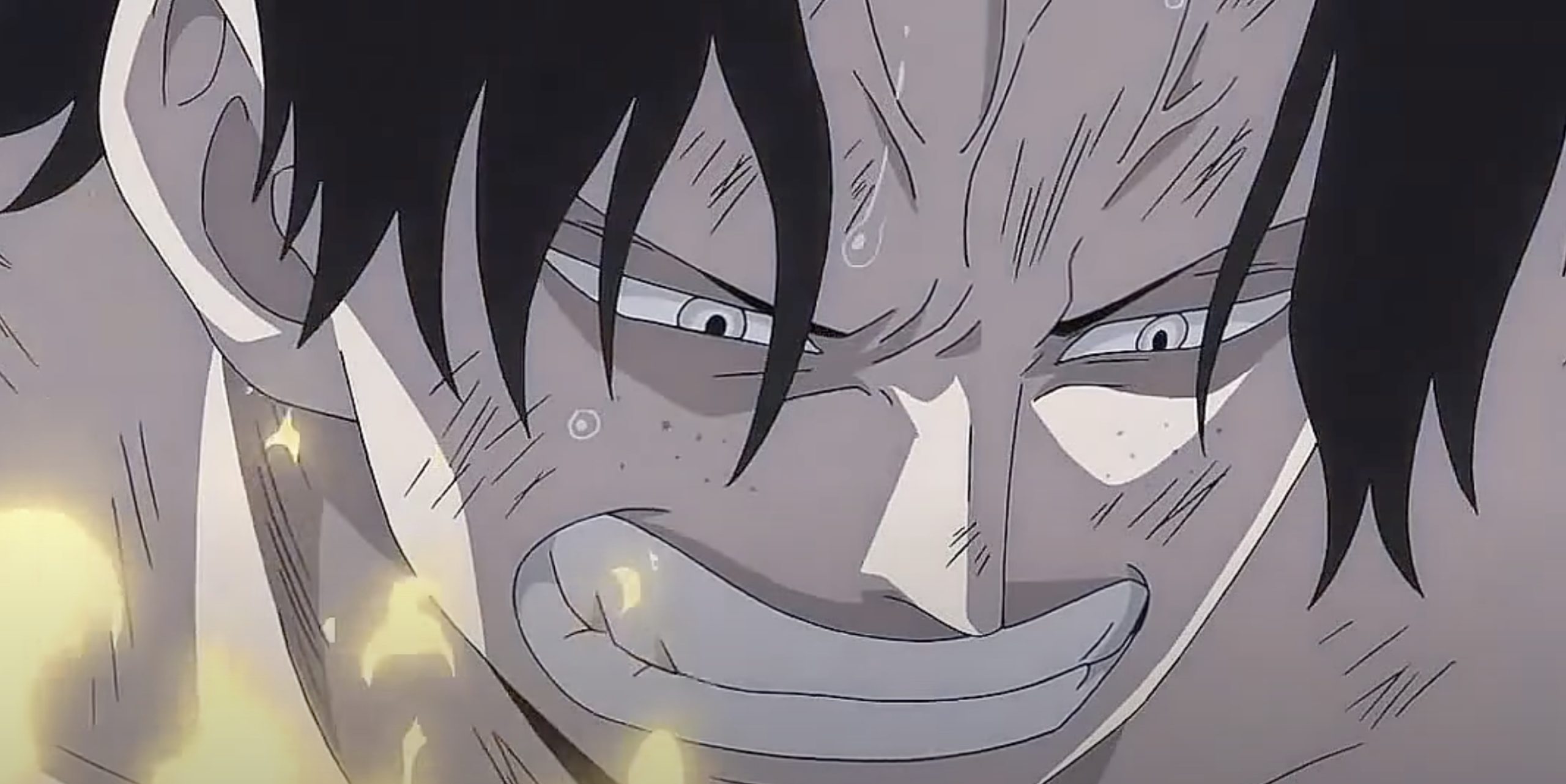
Ace’s death was a pivotal and unforgettable tragedy amidst Oda’s trademark storytelling style.
As part of his ruthless campaign, Admiral Akainu maneuvered to take down Luffy. But just before the lethal blow could land, Ace threw himself in front of his beloved little brother – taking the attack at the cost of his own life.
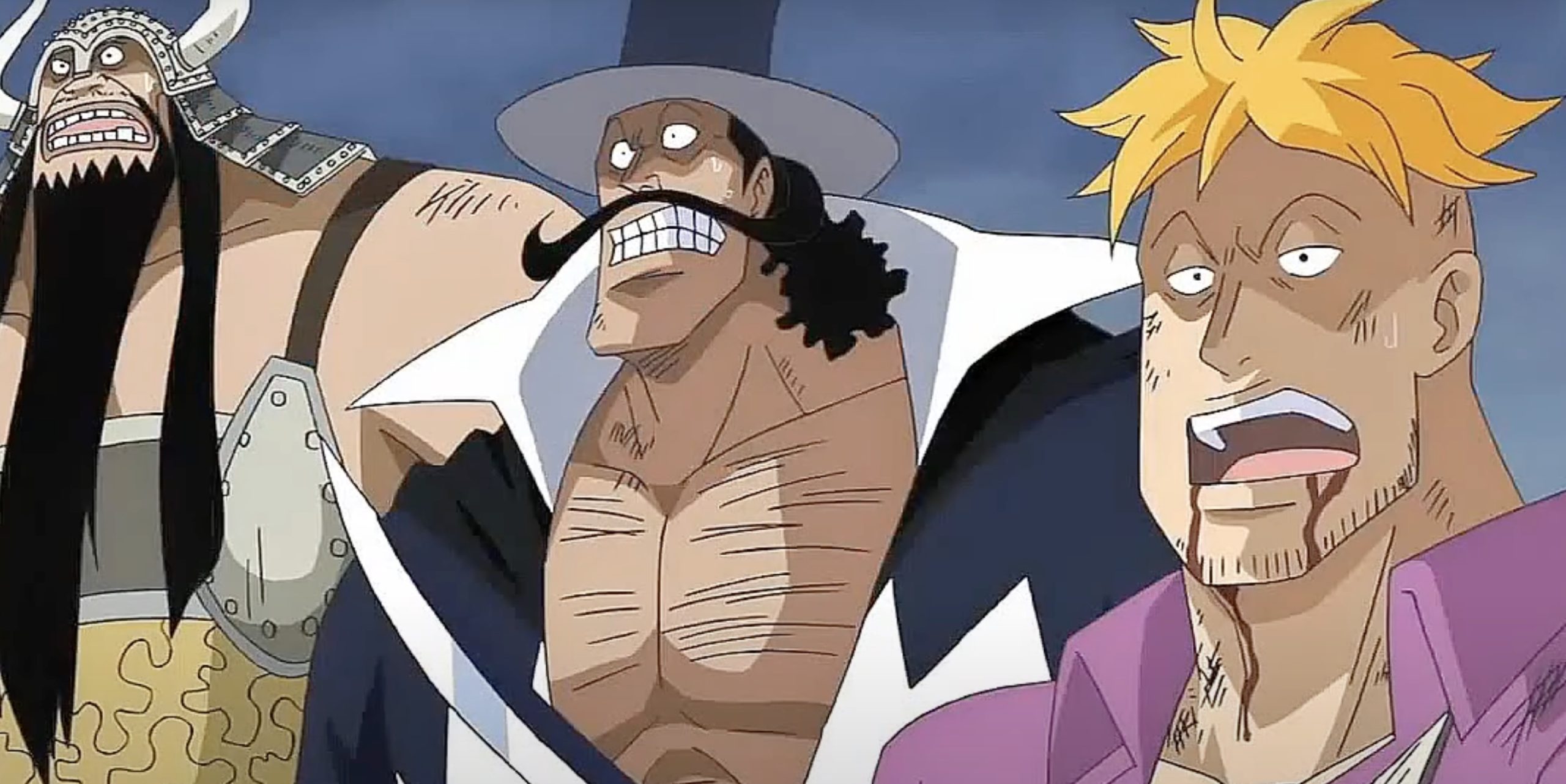
This heroic sacrifice occurred in Episode 483, at the climactic conclusion of the epic Marineford Arc.
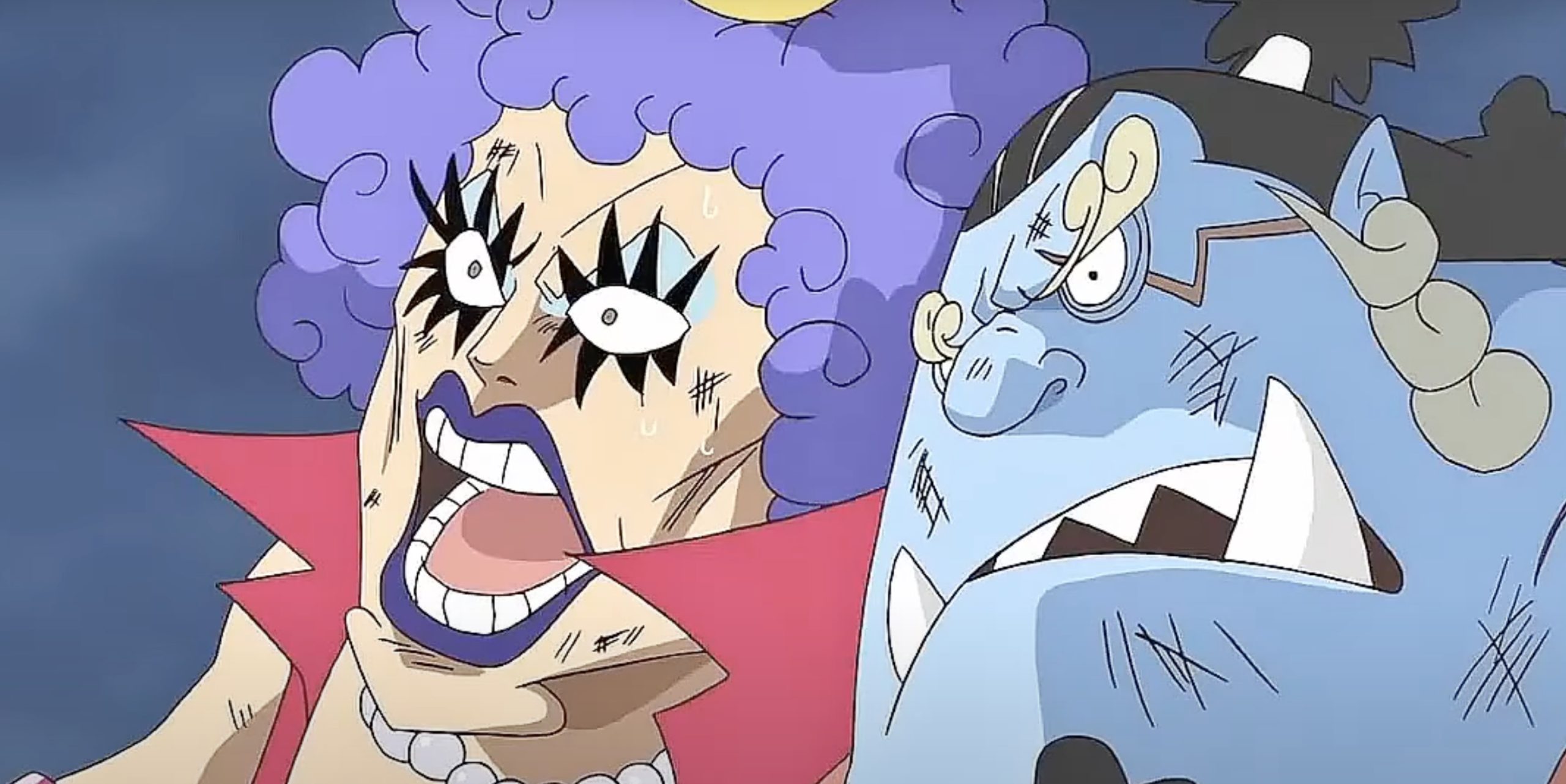
Beyond the tragedy of losing such an impactful character, Ace’s death represented a pivotal shift for the overarching One Piece storyline going forward.
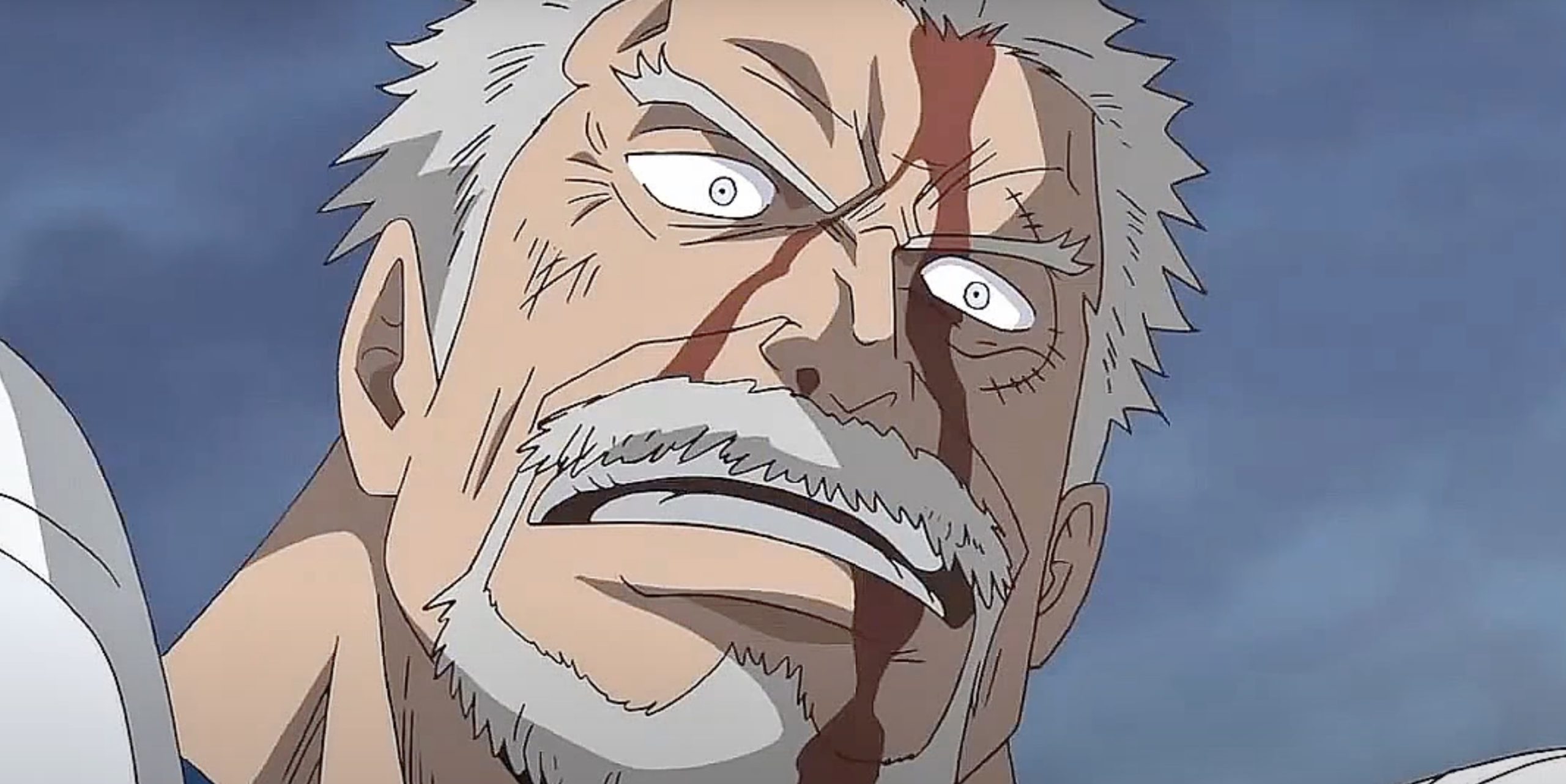
This shocking event caught devoted fans completely off guard. And Luffy was forced to confront the loss of one of his greatest emotional pillars of support.
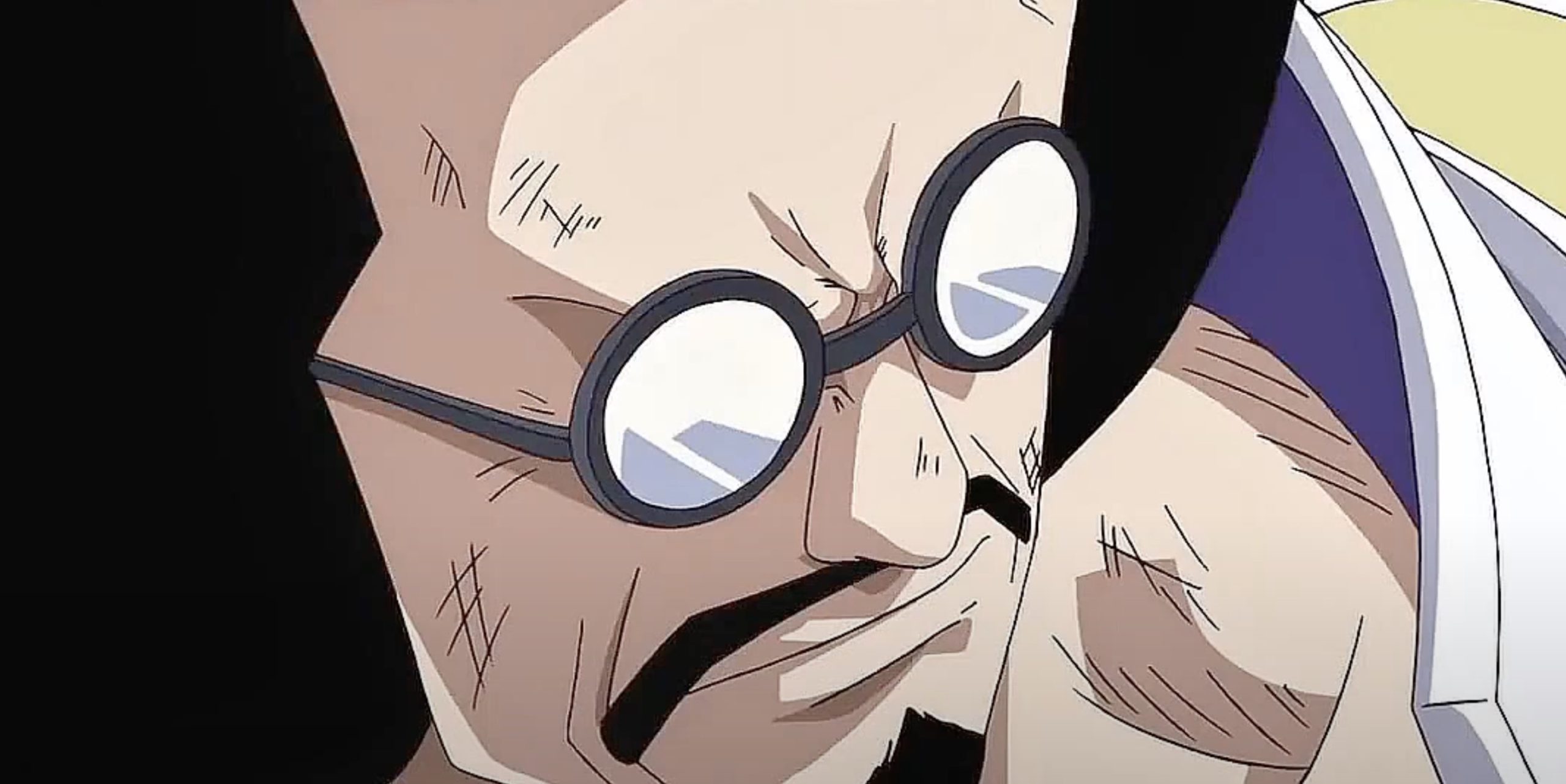
The ripple effects of Ace’s selfless act continued to shape the journey of both the characters and the massive fanbase. It solidified his role at the very heart of the series, despite his relatively brief appearances.
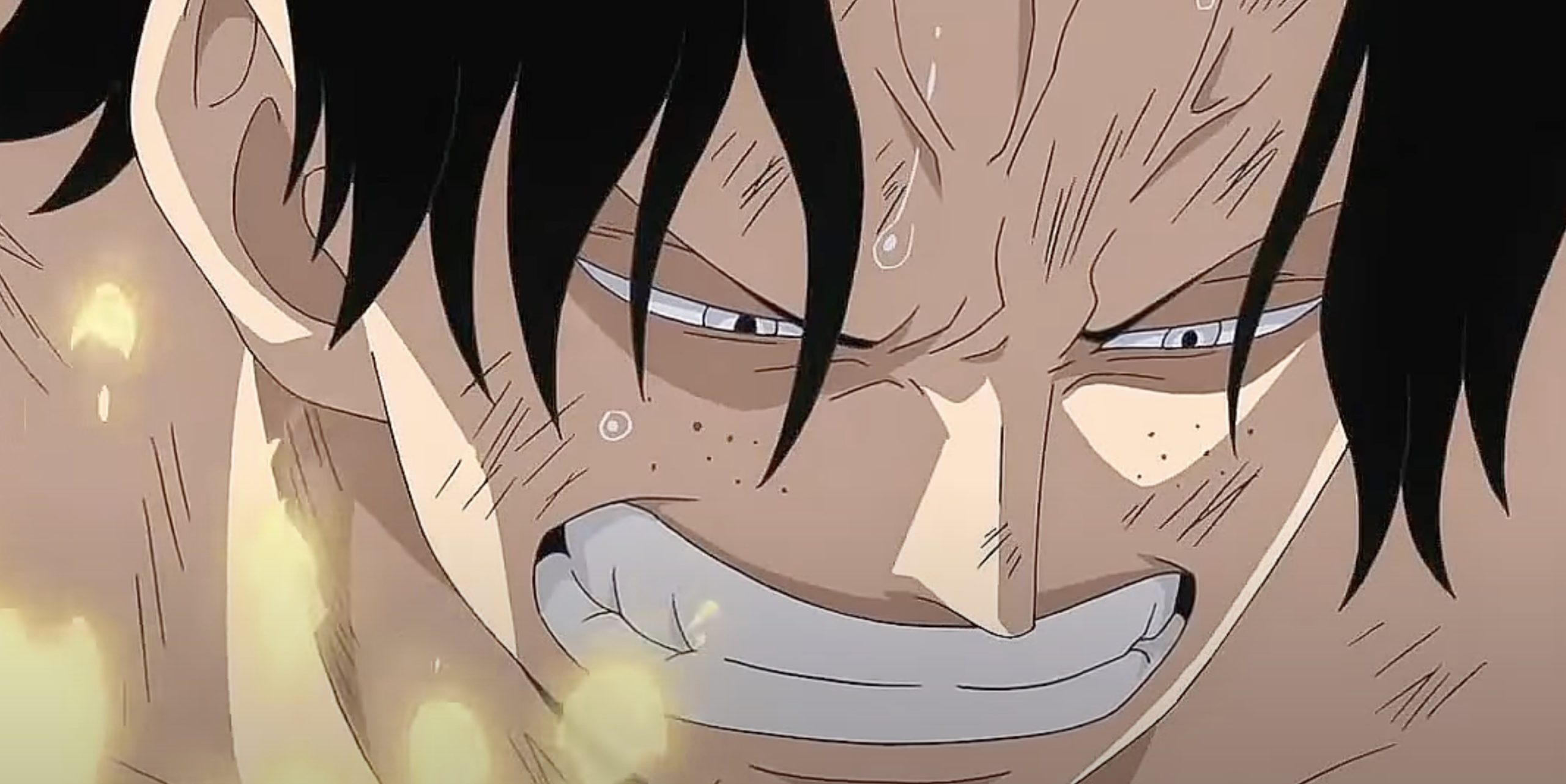
The emotional weight and importance of Portgas D. Ace’s death would linger, propelling the story to even greater heights from that fateful moment on.
Mayumi Tanaka’s Acting Helped Shape Ace’s Emotional Farewell
In a social media post some months back, veteran voice actor Toshio Furukawa shared candid insights about recording Ace’s death scene in One Piece.
◆エースの死に「こわれていく」ルフィ……あれを越える泣きの演技、見たことない……殿堂入りの泣き、あの泣きの演技が見られただけで、エースの死を受け入れられる………。
— 声優・古川登志夫(青二プロダクション) (@TOSHIO_FURUKAWA) November 6, 2023
He admitted that initial morning, the weight of portraying Ace’s tragic end felt too heavy, leaving Furukawa unwilling to even face the studio.
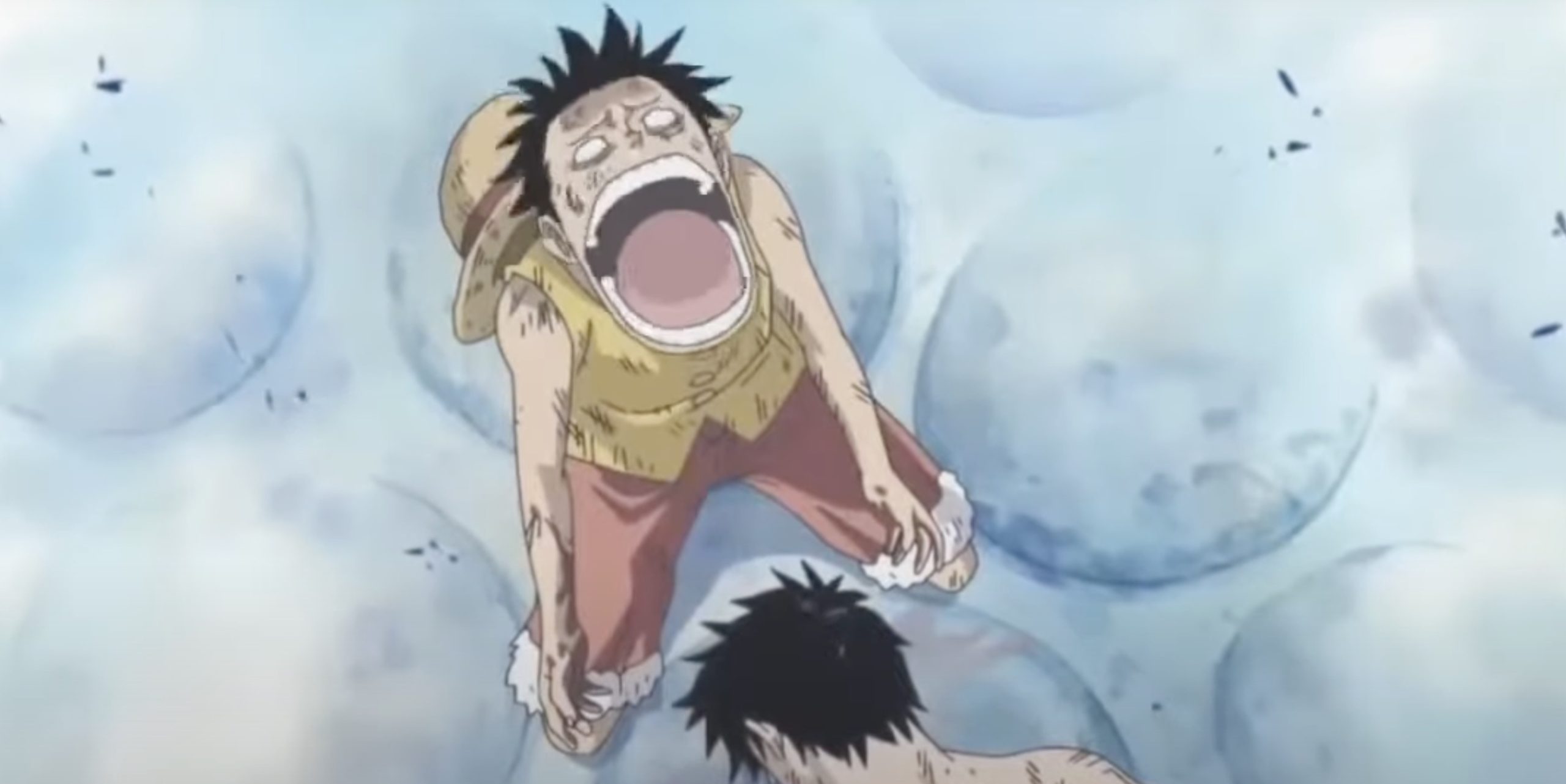
However, witnessing the raw emotion and depth of talent in co-star Mayumi Tanaka’s performance as Luffy reacted to the loss shifted something for Furukawa. In his decades of acting, he had never seen a more moving depiction of grief.
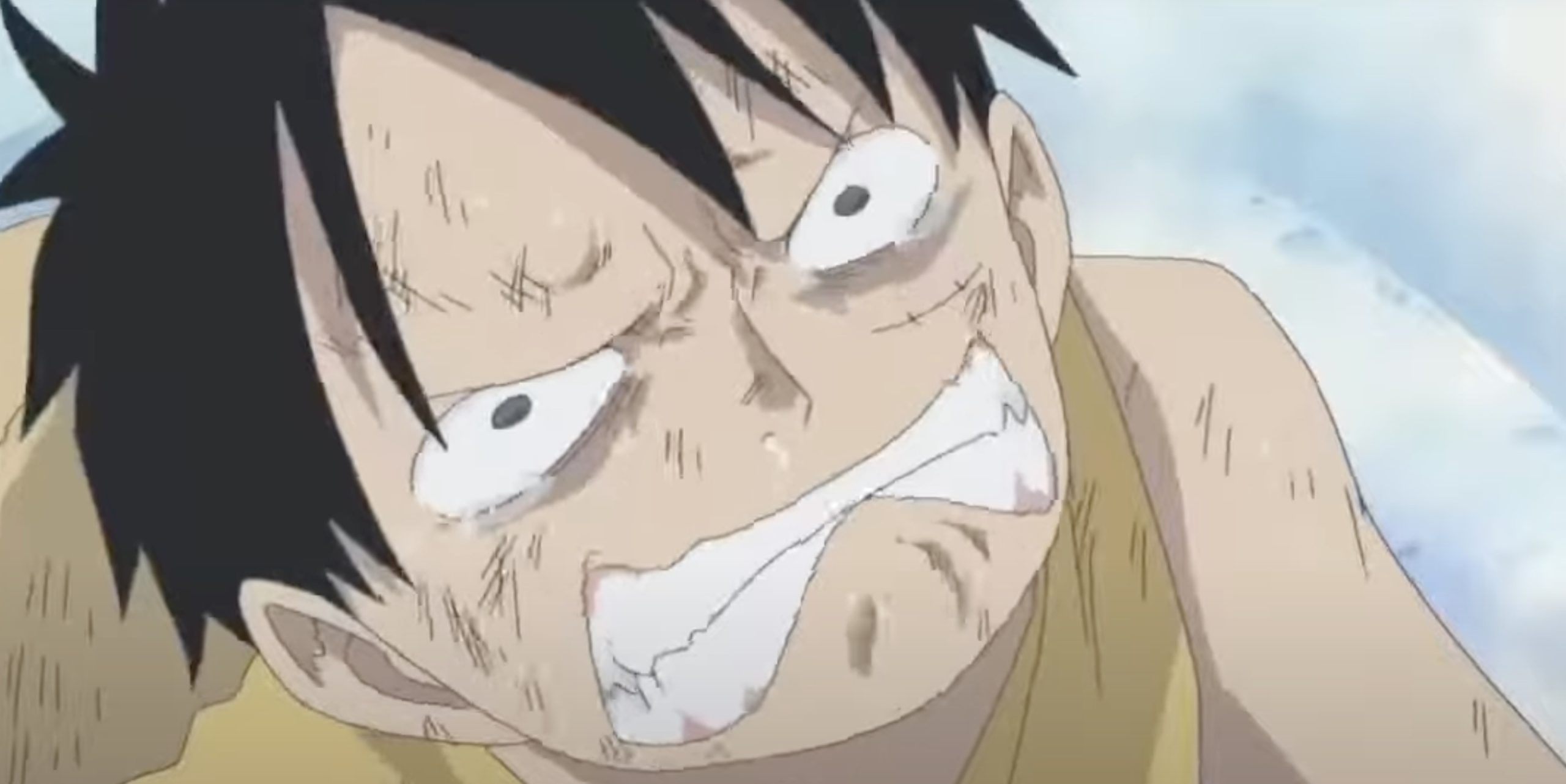
Tanaka’s heartbreaking work so powerfully captured Luffy’s pain that it enabled Furukawa to fully embrace Ace’s fate himself.
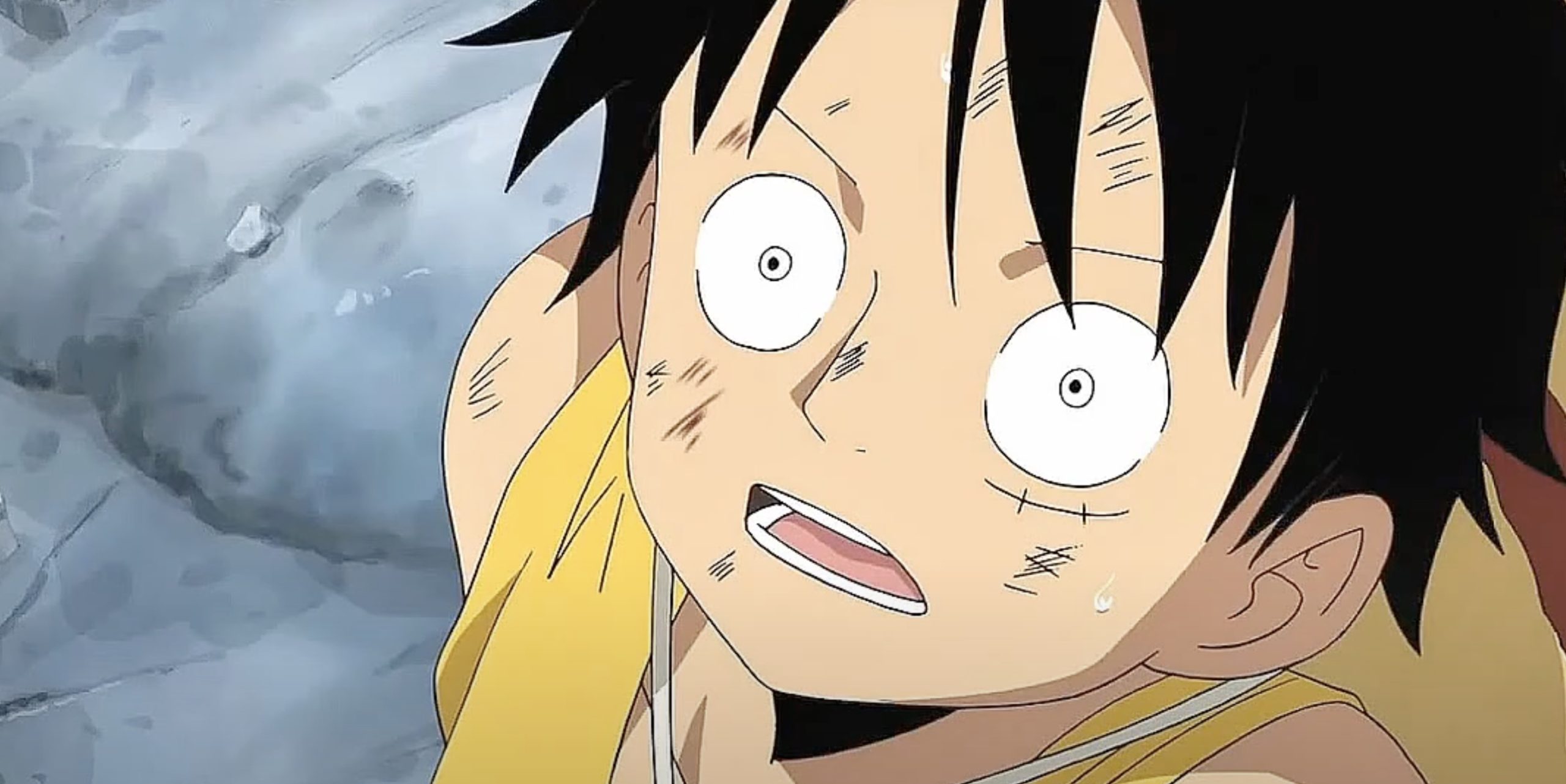
He credits Tanaka’s tour de force as the key to his ability to forge ahead on that difficult day, treating fans to one of One Piece’s most emotional scenes ever.
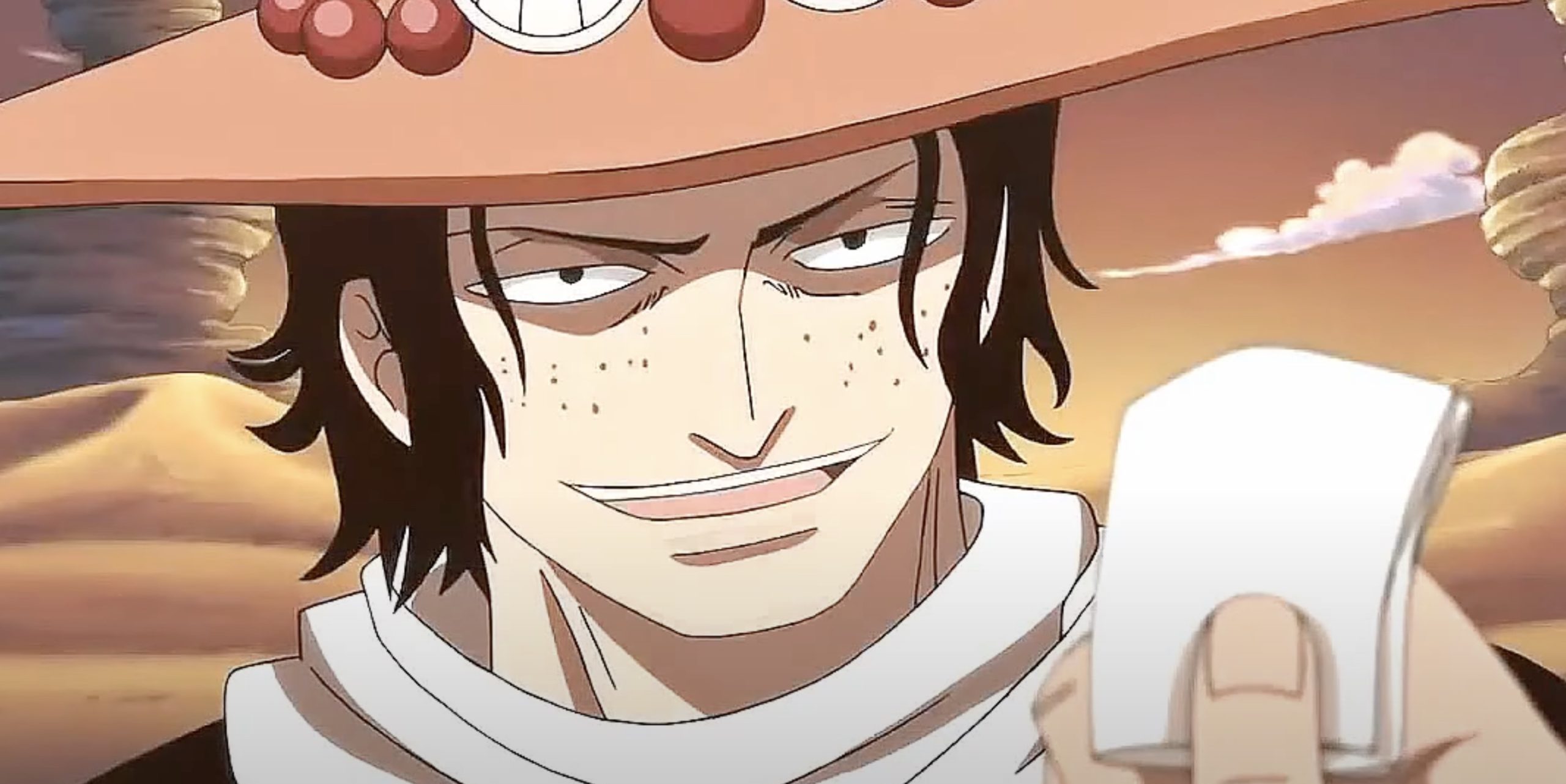
Though Ace made a brief return via flashback later on, that pivotal death sequence marked his last significant role. And for Furukawa, Tanaka’s stellar efforts helped crystallize its significance.
To this day, that poignant scene elicits nostalgia and tears when Ace’s name resurfaces in the ongoing adventure.


